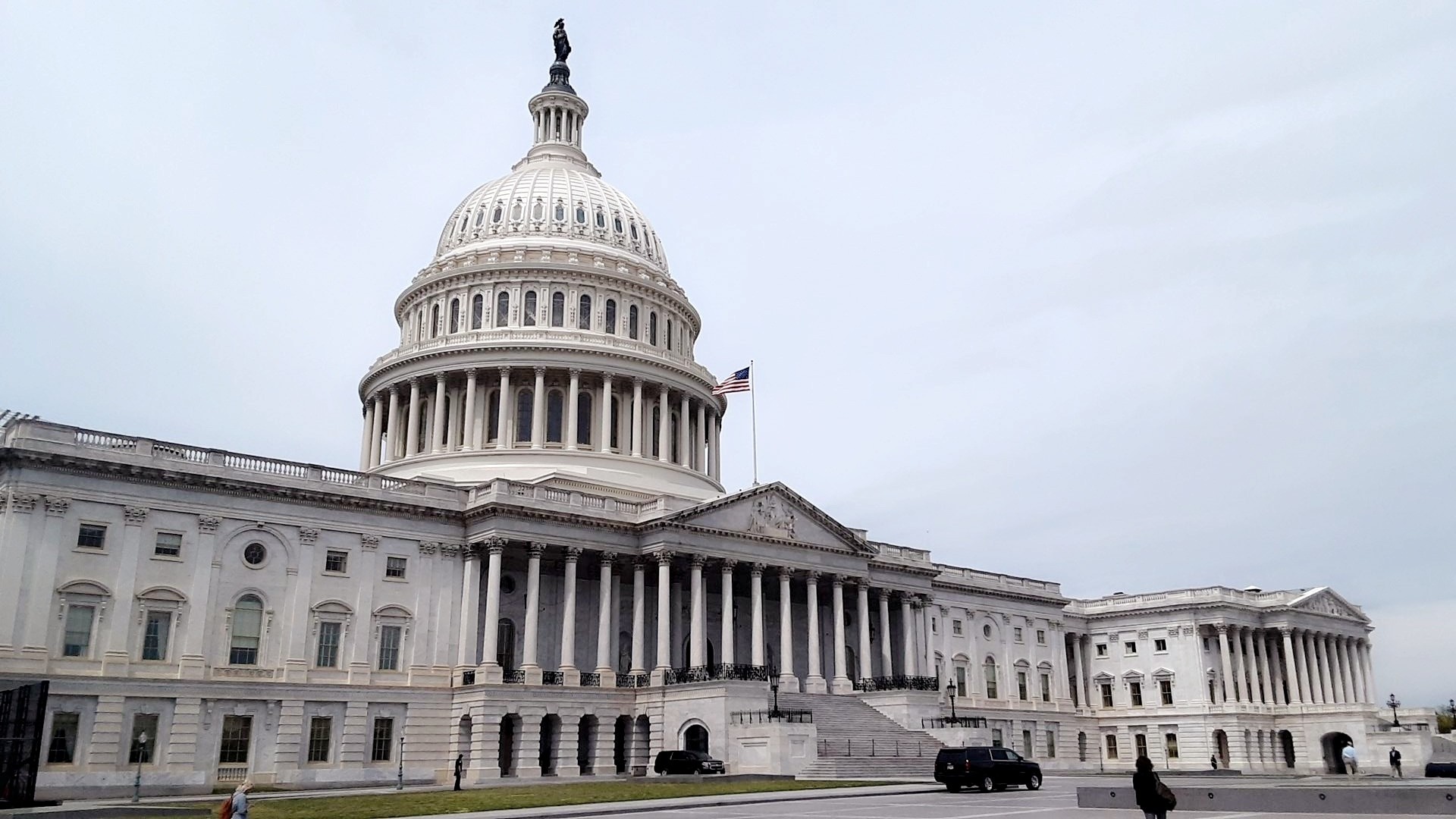The “No Taxes on Tips” Act cleared its first major hurdle in May 2025 when the Senate unanimously approved legislation that could transform paychecks for millions of American service workers.
For restaurant servers, bartenders, and other tipped employees who currently surrender portions of their gratuities to federal taxes, the proposal offers immediate relief. The bill would exempt up to $25,000 in tip income from federal taxation, putting cash directly back into workers’ pockets.
The Financial Reality Check
Understanding the impact requires examining how tip taxation currently works. Service workers must report all gratuities as income, subjecting them to both federal income and payroll taxes. For someone earning $40,000 annually with half coming from tips, the tax savings could mean an extra $2,000 to $3,000 per year.
The National Restaurant Association enthusiastically backs the legislation, arguing that “eliminating taxes on tips would put cash back in the pocket of a significant number of workers in the restaurant and foodservice industry and could help restaurant operators recruit industry workforce.”
Yet economists raise red flags about unintended consequences. Some worry that employers might use tax-free tip income as justification to suppress base wages, knowing workers can retain more of their gratuities without tax penalties.
Tipping Culture at a Crossroads
The legislation arrives amid growing consumer frustration with tipping expectations. Many Americans feel tipping requests are increasing, creating what experts call “tip fatigue.”
Unlike countries such as the Netherlands where service charges are typically included in prices, America’s tip-dependent wage model leaves workers vulnerable to shifting consumer attitudes. This cultural shift complicates the tax exemption’s potential benefits. If customers reduce tipping frequency due to fatigue, workers might see diminished returns even with tax-free status on their gratuities.
American tipping culture has evolved far beyond its origins as a gesture of appreciation. What began as optional gratitude for exceptional service has become an expected supplement to wages—a system that now supports millions of workers but leaves many vulnerable to economic fluctuations and customer whims.
For recovering restaurant markets like those rebuilding after natural disasters, the timing could prove crucial. Workers need every advantage as they rebuild their livelihoods alongside their communities’ dining scenes.
What Happens Next
The House must now vote on the legislation before it reaches the president’s desk. If enacted, the Internal Revenue Service would need to develop implementation guidelines for both workers and employers.
The bill includes important limitations: only workers earning under $160,000 annually qualify, and the exemption applies strictly to tip-reliant professions like restaurants, bars, and salons.
Restaurant industry advocates see the measure as recognition of service work’s economic value. Critics view it as a bandage solution that doesn’t address underlying wage structure problems in tipped industries.
The “No Taxes on Tips” Act represents more than tax policy—it’s a statement about how America values the people who serve our meals, craft our cocktails, and create the hospitality experiences that define dining culture. Whether it ultimately helps or hinders service workers depends on implementation details that won’t be clear until the legislation becomes law and real paychecks reflect the change.


















